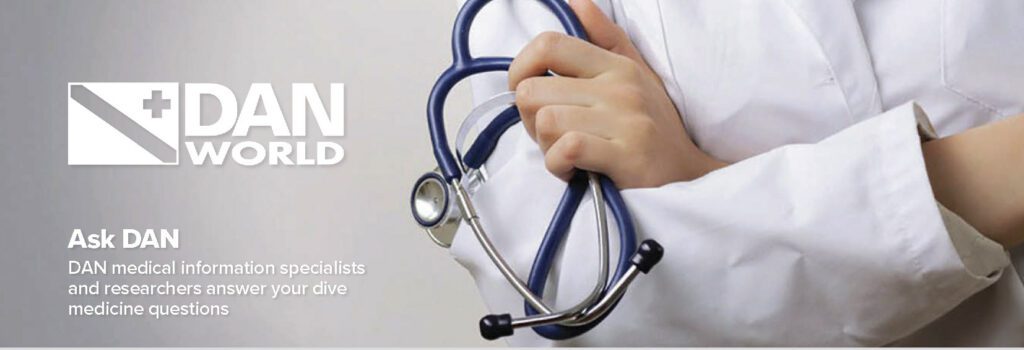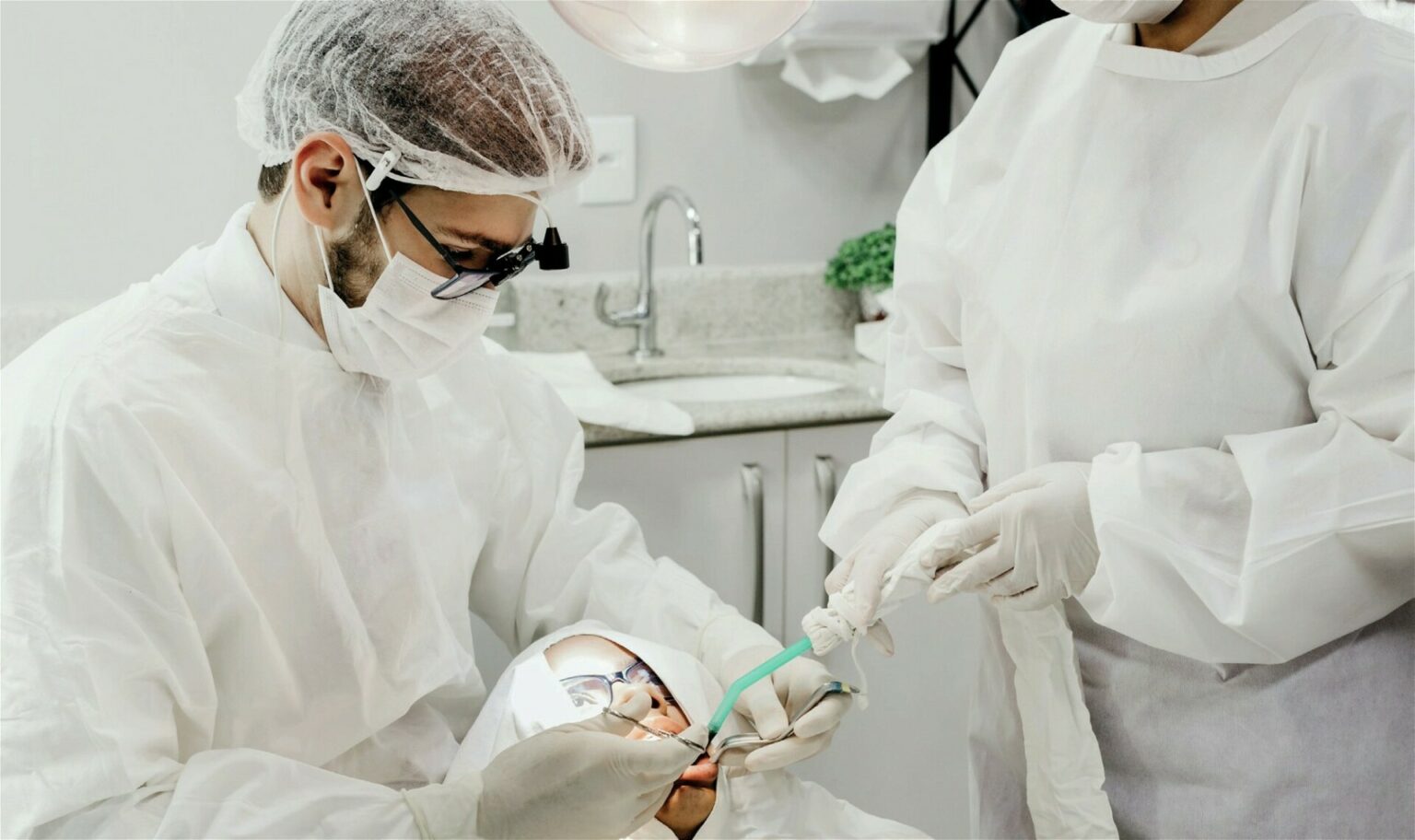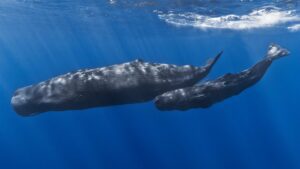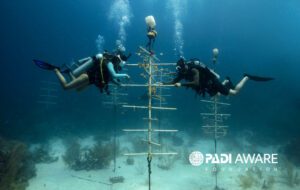I’m a volunteer diver at my local aquarium. The last time I was diving I experienced severe pain in my lower right molar. The pain was relieved during the second dive but returned when I surfaced.
I called DAN and the medic referred me to my dentist who discovered an old filling in that tooth had fallen out. I had it replaced and I’m back diving again. Could my dive have contributed to my filling falling out?
Dental barotrauma (tooth squeeze), clinically referred to as barodontalgia, occurs when compressed gas is trapped in a susceptible tooth that has an air space that does not equalise effectively. Trapped gas behaves according to Boyle’s Law and can result in tooth fracture and/or gum damage.

As a diver descends into the water column, pressure increases while gas volume decreases. With significant pressure and associated reduction in gas volume, the tooth walls can begin to implode and collapse.
When a diver ascends, the opposite occurs: A decrease in pressure and an increase in the volume of trapped gas can lead to rupture and explosion of the walls of the tooth.
Symptoms of a tooth squeeze include tooth sensitivity, pain, bleeding around the gums, or a broken or shattered tooth. Tooth squeeze can happen to more than one tooth and often occurs in older fillings or dental work, but tooth decay and dental infections can also be contributing factors.
While many divers suspect tooth squeeze when they experience pain in the face or in an upper tooth, that pain is generally associated with a sinus squeeze caused by inflammation in the paranasal sinuses.
Prevention by having healthy teeth and gums is the best way to avoid a tooth squeeze. This is achieved by regular dental check-ups, maintaining good oral health through regular brushing and flossing, and avoiding diving (and flying) immediately after dental work.
Follow established guidelines for appropriate waiting periods after specific dental work before returning to diving. Contact DAN to speak to a medic if you have questions about guidelines for a dental procedure (medic@dan.org).
You can visit: DAN Diving Insurance
This article was originally published in Scuba Diver UK #78
Subscribe digitally and read more great stories like this from anywhere in the world in a mobile-friendly format. Linked from Dental barotrauma-DAN World








